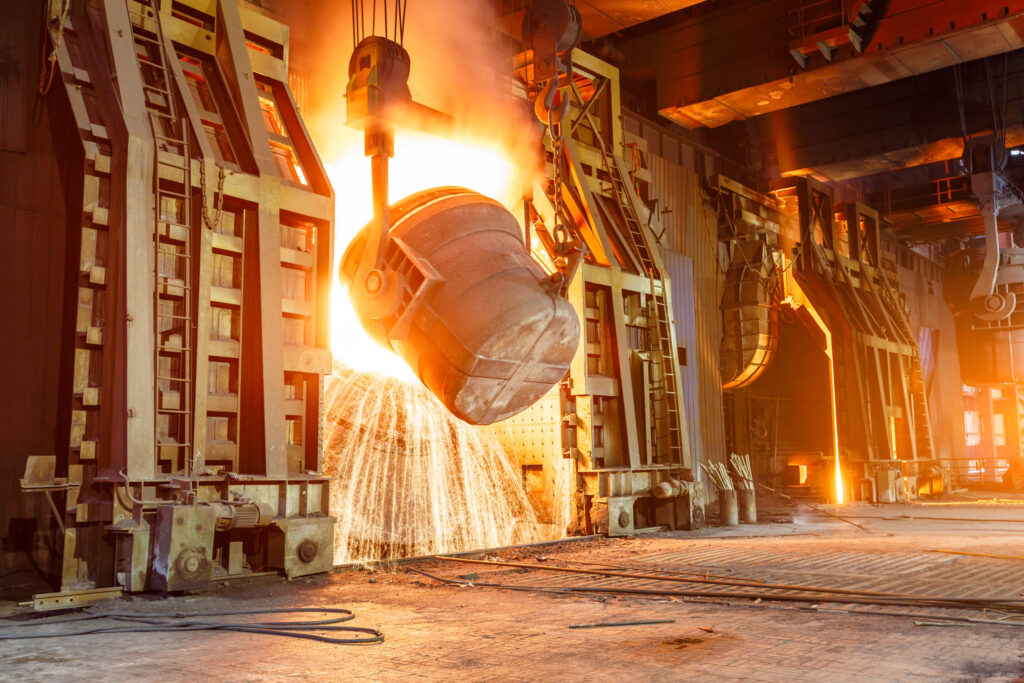The Intercept criticizes steel industry for not doing something it’s already doing
April 21, 2022
It’s possible to commend The Intercept for outlining how the steel industry should develop in the United States. It’s also possible to tut and even tsk! as we point out that most of what they’re saying is already being done. After all, we’d hope that the modern media is well up with the cutting edge.
Making steel can be a dirty business with respect to the climate. What the industry calls “virgin” steel is largely made from coal and iron ore with the use of a blast furnace – the coal is first converted into coke, itself a dirty process. So, The Intercept is correct that we might prefer to move to a cleaner process. This is known as direct reduction, which uses hydrogen instead of that coal or coke.
So far, so good, except there are a number of problems with any insistence that this be done right now. The first is that we’ve not really got a green source of hydrogen as yet – it’s mostly made from either natural gas or coal. This doesn’t, therefore, solve our climate change problem. It is possible to make hydrogen from water using renewable power and that is likely how the industry will go but it’s going to be a process of decades.
Largely because that’s just how the steel industry works, over decades. One of those “integrated” steelworks that makes that “virgin” steel costs billions of dollars and lasts 40 to 50 years. It’s already an industry standard that no one will ever build a new one of those in a rich country. As those that exist wear out then the new technologies will take over – this is a process that has started already. There are two of those direct reduction plants already operating.
There is another point here, which is that two-thirds of U.S. steel production doesn’t use either of these processes, it’s not even made from iron ore but from recycled scrap steel. That’s also something that has been changing over the decades simply because the steel business moves, changes, in decades. The country’s largest steel company, Nucor, has never used that old type, the blast furnace, at all.
The Intercept is an independent media outlet funded by a part of Pierre Omidyar’s eBay fortune placed into a foundation. It is, as it proudly states, therefore wholly independent. It gains some 4 million visits a month.
We have no problem with independence. But we do think that if plans for the necessary changes in an industry are to be announced then at least some note of the fact that they’re already happening would be a good idea. To, possibly, show some detailed knowledge of the industry this new plan is supposed to apply to.
Yes, it’s probably true that the US steel industry should change. But it has been doing so since Nucor opened the first commercial-scale electric arc furnace to process scrap back in 1969. Even the first of these desired direct reduction furnaces came online in 2014 – about a decade after the decision to build it.
Demanding that industry do something it’s already doing isn’t a good look now, is it?
